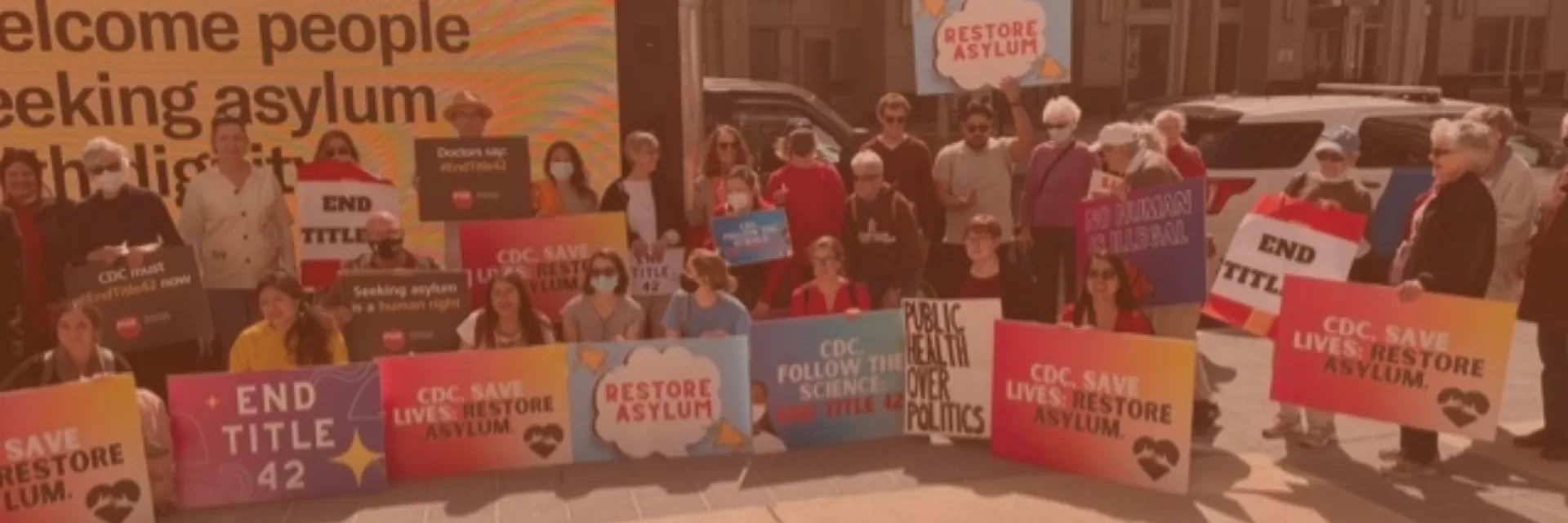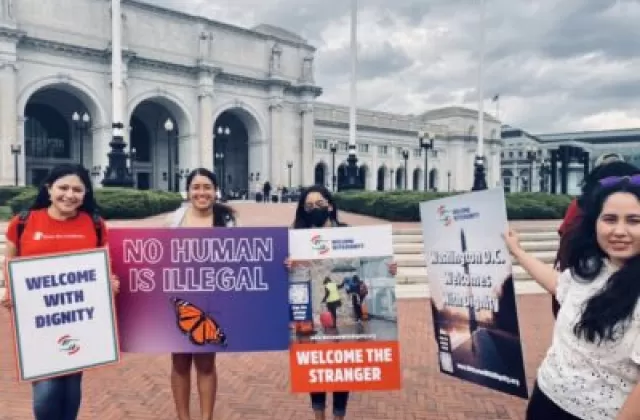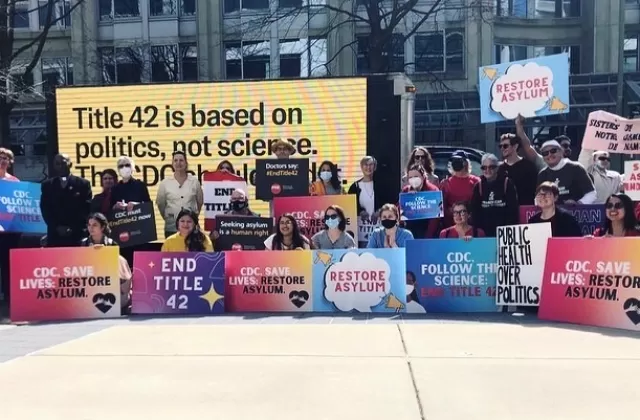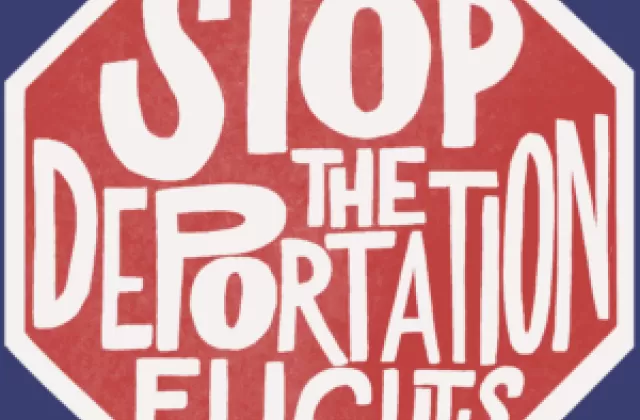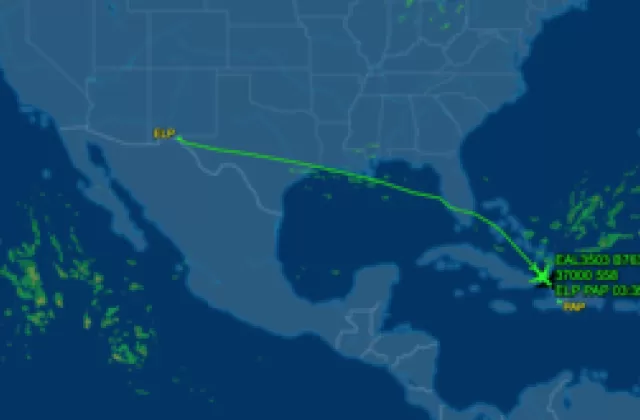The crisis in Haiti: The United States continues to block reform and the passage of people fleeing
The Biden Administration expelled 450 people to Haiti, including 44 children, 20 of whom were infants, on three flights this week. These flights bring the total to 235 expulsion flights to Haiti since Biden took office, more than 23,000 people in total, and 21,000 in the eight months since the debacle in Del Rio last September. Another 8,000 people were summarily expelled into Mexico during the Del Rio crisis.
